 KUALA LUMPUR: The Raja Muda of Perak, Raja Dr Nazrin Shah, said four key aspects of the education system should receive special attention in meeting the demands of a knowledge and innovation economy.
KUALA LUMPUR: The Raja Muda of Perak, Raja Dr Nazrin Shah, said four key aspects of the education system should receive special attention in meeting the demands of a knowledge and innovation economy.They are the curriculum at all levels of education, assessment system, teaching-learning methods and strategies, and the English language.
He said the curriculum was currently too bogged down with teachers and university instructors dispensing chunks of information while students were passive recipients.
“Perhaps it is time to reduce the amount of content disseminated and spend the extra time on developing skills and competencies needed in the 21st century,” he said at the opening of the International Conference on Education For All, here, on Monday.
“Often, school teachers and university instructors lament that they have insufficient time to complete the syllabus and fear that reducing the content will deprive learners, not realising that less may in fact be more.
“The more comes from students learning to inquire and discover the facts and concepts of a discipline by themselves. With the billions of webpages available at the click of a mouse, the earlier notions of the ‘sage on the stage’ may have to give way to the ‘guide on the side’,” he said.
On the assessment system, Dr Nazrin Shah said perhaps Malaysia could do with fewer national examinations, thus reducing the burden and anxiety of teachers, school administrators and parents.
“We have a very examination-oriented education system with students having to sit for four public examinations before entering university. Undue preoccupation with examinations has led to neglect in the teaching of many of the skills and competencies required of individuals in the knowledge and innovation economy.”
He said the examination-oriented system had also led to schools focusing on high achievers to the exclusion of underachievers, who unfortunately tended to be from poorer backgrounds.
“Studies have shown these academic under-achievers exhibit low self-esteem and a sense of hopelessness. They have negative beliefs about their abilities which tend to be reinforced by the school and the community.
“Alternative assessment methods that are more reflective of learner ability should be widely implemented, while the number of As scored by learners is important to ensure that all students master the knowledge and skills required of them to function effectively and efficiently in the workplace of the 21st century,” he said.
On teaching-learning methods and strategies, he said the focus should be on students engaging in projects, analysing case studies, solving real-world problems, making decisions in different situations, making presentations and arguing their case and constructing their own knowledge.
“These are not new teaching approaches. They are being used in schools and universities in some countries.
“Often, teachers lament that they would like to use these learner-centred strategies but because of the amount of content they need to cover, are forced to resort to the lecture method because a lot more content can be disseminated to students,” he said.
The Perak Raja Muda also said that English was of paramount importance in the 21st century workplace and the lingua franca of the knowledge and innovation economy, and those proficient in the language would enjoy many advantages in the global workplace.
“Teachers should be better trained. Standardised tests can be introduced to allow teachers to determine at each level of schooling how their students are faring and, if necessary, to undertake immediate remedial measures,” he said. -- Bernama


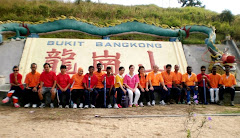








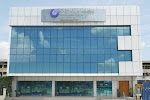



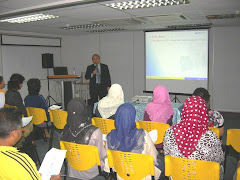

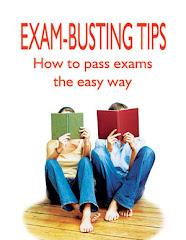










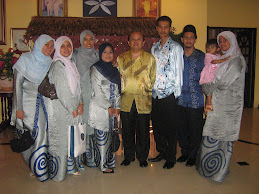

1 comment:
It's very nice Blog
Greet and sucess for you
GODBLESS
Post a Comment